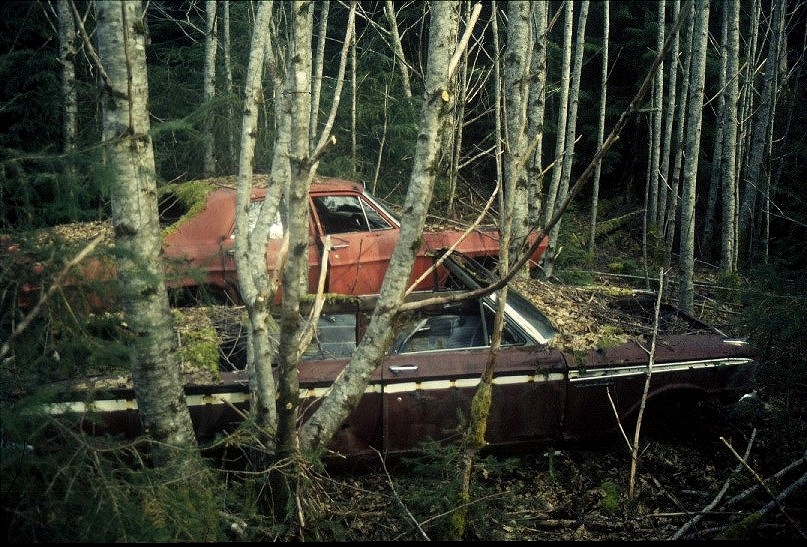

The theoretical impetus for much of my research comes from the recognition that understanding the relationship between humans and the nonhuman world, especially at a time of growing environmental crisis, requires transdisciplinary methods. That relationship is commonly studied in piecemeal fashion within specific disciplines, with “nature” relegated to the physical and biological sciences and “culture” to the social sciences and humanities. My scholarship begins from the premise that the sociocultural, techno-economic, and bio-ecological dimensions of environmental problems are fundamentally inseparable.
In the wake of the so-called “nature wars” that followed the publication of environmental historian William Cronon’s (1995) controversial New York Times Magazine essay “The Trouble with Wilderness,” which pitted “social constructionist” humanists and social scientists against scientific “realists,” I have worked to develop a theoretical model that would account for the agency of the nonhuman world alongside the full complexity of the cultural world - a model I've referred to as "multicultural ecology" - and to apply this model in empirical studies of cultural phenomena.
Early versions of this can be found
in Toward
a Multicultural Ecology, Organization
and Environment 15 (4), 2002, 389-409. Click for Pdf
and in my book Claiming
Sacred Ground (described more here).
My more recent theorizing is captured well in Ecologies of
the Moving Image (see here)
and -- as a kind of running journal -- in my blog Immanence.
Other writing that addresses these themes includes